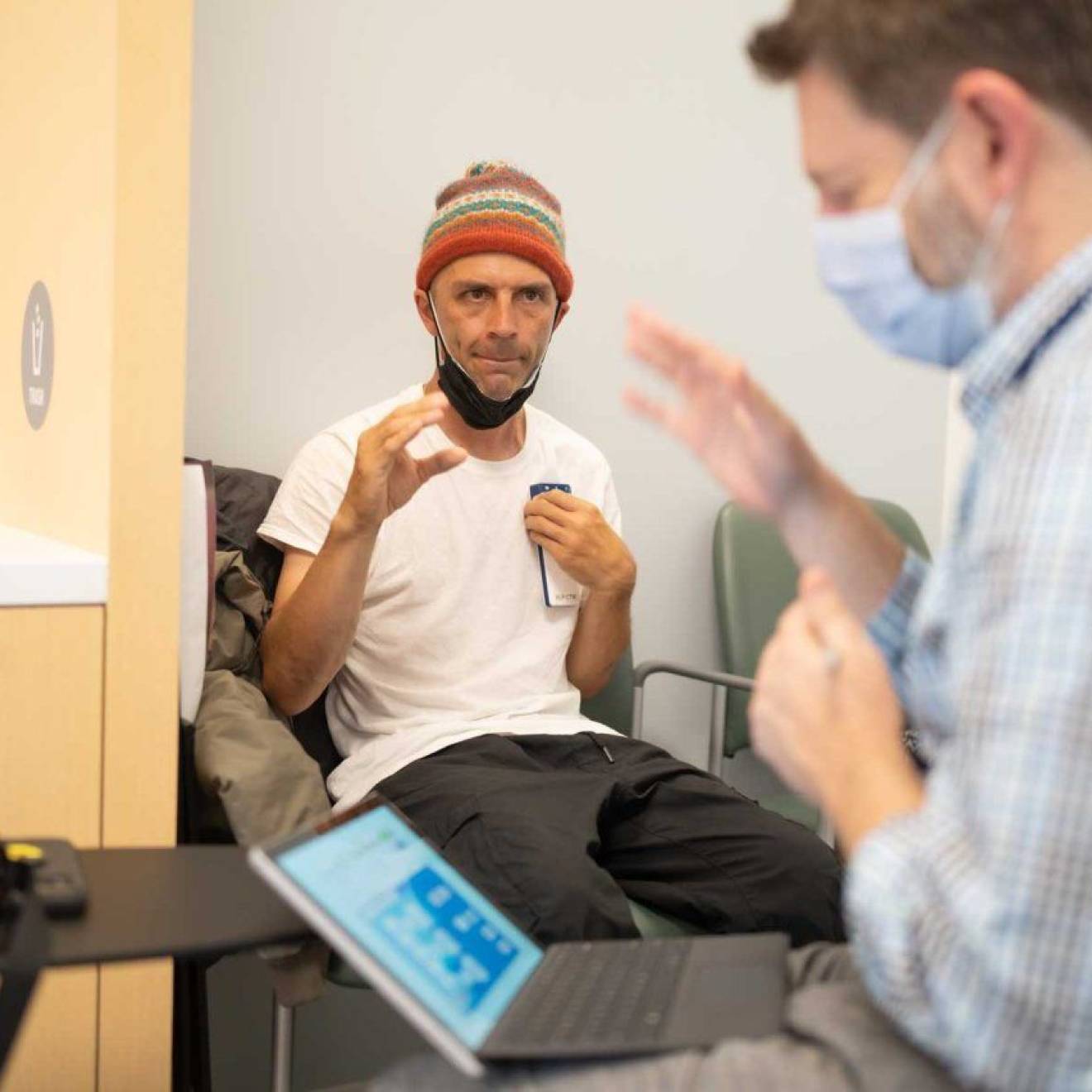Glen Martin, California Magazine

Dan Werthimer thinks his testimony last week before the House Subcommittee on Science, Space and Technology went pretty well.
As director of the SETI Research Center at Berkeley, Werthimer updated committee members on the search for extraterrestrial life, and provided a generally upbeat evaluation: ET microbial life likely is ubiquitous throughout the galaxy, and new technologies have improved the chances of detecting signals from advanced alien civilizations.
“They were quite engaged,” Werthimer says of the representatives, members of a Congress notorious for its ideological partisanship and not particularly renowned for a deep commitment to science. “They asked reasonable questions, and they seemed disinclined to go at each other.”
On the other hand, Werthimer acknowledges that it is discouraging that the current science subcommittee has convened more hearings on extraterrestrial life than on climate change.
“This general backlash against science is frightening,” he says. “(Denying climate change) is like playing Russian roulette with 99 bullets in the gun. I suspect it’s because all the research indicates we’re in trouble. People want to stick their heads in the sand.”
But back to the happier (hopefully) topic of aliens. Part of the reason Werthimer made the dreary trek to the Hill was, unsurprisingly, money. It’s something that researchers at SETI — an acronym for the Search for Extraterrestrial Intelligence—need more of if they’re going to continue probing the cosmos.

